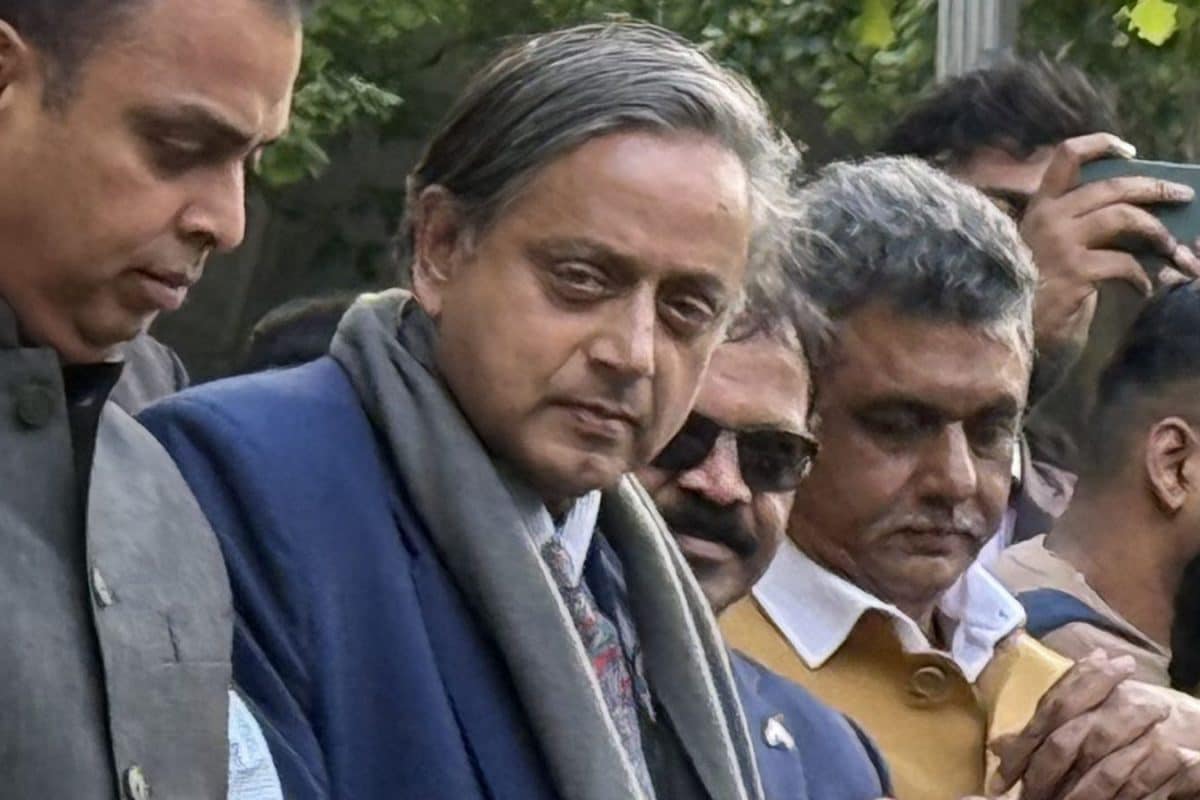

Following the tragic terror attack in Pahalgam on April 22, which claimed the lives of 26 individuals, including tourists, India's response has been a subject of intense discussion and scrutiny. Congress MP Shashi Tharoor, currently leading a multi-party delegation to several countries as part of India's global outreach against terrorism ("Operation Sindoor"), has weighed in on the matter, expressing his satisfaction with the country's firm and measured approach.
Speaking at the Indian Consulate in New York on Saturday, May 25, 2025, Tharoor acknowledged that while he is a member of the opposition party, he was "pleased" with India's reaction. He stated, "I don't work for the government, as you know. I work for an opposition party, but I myself authored an op-ed in one of India's leading papers, within a couple of days saying that the time had come to hit hard and hit smart and I'm pleased to say that's exactly what India did." This comment underscores a sense of national unity that sometimes transcends party lines when dealing with matters of national security.
Tharoor emphasized that the Pahalgam attack was a calculated attempt to provoke communal tensions within India. According to him, the militants specifically targeted victims based on their religion, with the majority of those killed being Hindu. He lauded the extraordinary unity displayed by the people of Jammu and Kashmir, as well as the rest of India, in the aftermath of the attack, noting that this togetherness cut across religious and other divides, thwarting the attackers' intention to incite widespread communal violence.
In response to the terror act, India launched "Operation Sindoor," which involved targeted strikes on what it identified as terrorist infrastructure inside Pakistan and Pakistan-administered Kashmir. Tharoor highlighted that these strikes were precise and limited in scope, intended not as the start of a prolonged conflict, but as a measured act of retribution. He pointed out that India struck nine known terror sites, including those associated with Lashkar-e-Taiba in Muridke and Jaish-e-Mohammad in Bahawalpur, sending a clear message that India would not tolerate terrorism lying down.
Tharoor elaborated on the circumstances surrounding the attack and the subsequent claim of responsibility. Within an hour of the atrocity, a group called The Resistance Front (TRF) claimed responsibility. Tharoor reminded the audience that this group has been known for some years to be a frontal organization of the proscribed Lashkar-e-Taiba, which is on the US, designated terrorist, as well, as well as the UN sanctions committees. He also expressed his disappointment that Pakistan chose to deny its involvement, and that China supported the removal of the Resistance Front's mention from the UN Security Council's press statement.
The MP also touched upon the broader implications of the attack and India's response within the international arena. He stressed the importance of global cooperation in combating terrorism, describing it as a shared problem and a scourge that must be fought unitedly. In this regard, he noted the all-party delegation's visit to the 9/11 Memorial in New York as a symbol of shared solidarity with victims of terrorism worldwide. The delegation, which will visit Guyana, Panama, Brazil, and Colombia, aims to foster international cooperation and share India's perspective on combating terrorism across multiple nations.
Tharoor asserted that India has sent a clear message to Pakistan that there will be a price to pay for cross-border terrorism. He stated that India has demonstrated its ability to strike with precision and restraint, exercising its right to self-defense responsibly. He also emphasized that India's focus remains on economic development and improving the lives of its citizens.
The Pahalgam attack and India's response have significantly impacted the relationship between India and Pakistan. India suspended the Indus Waters Treaty, leading Pakistan to put the Simla Agreement on hold. However, a ceasefire agreement was reached on May 10, though it was short-lived due to subsequent violations by Pakistan. The international community has called for de-escalation and peaceful resolution of the conflict.